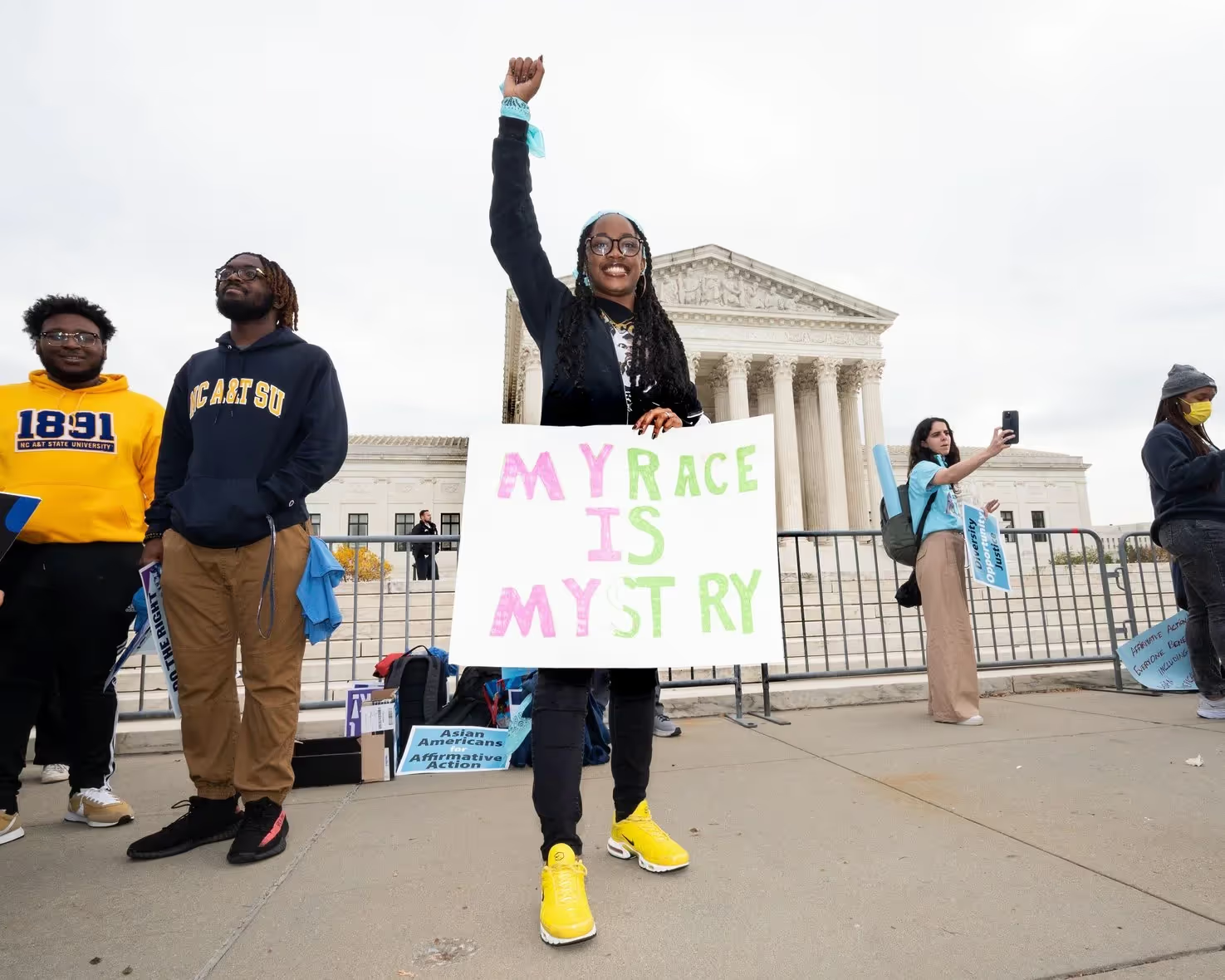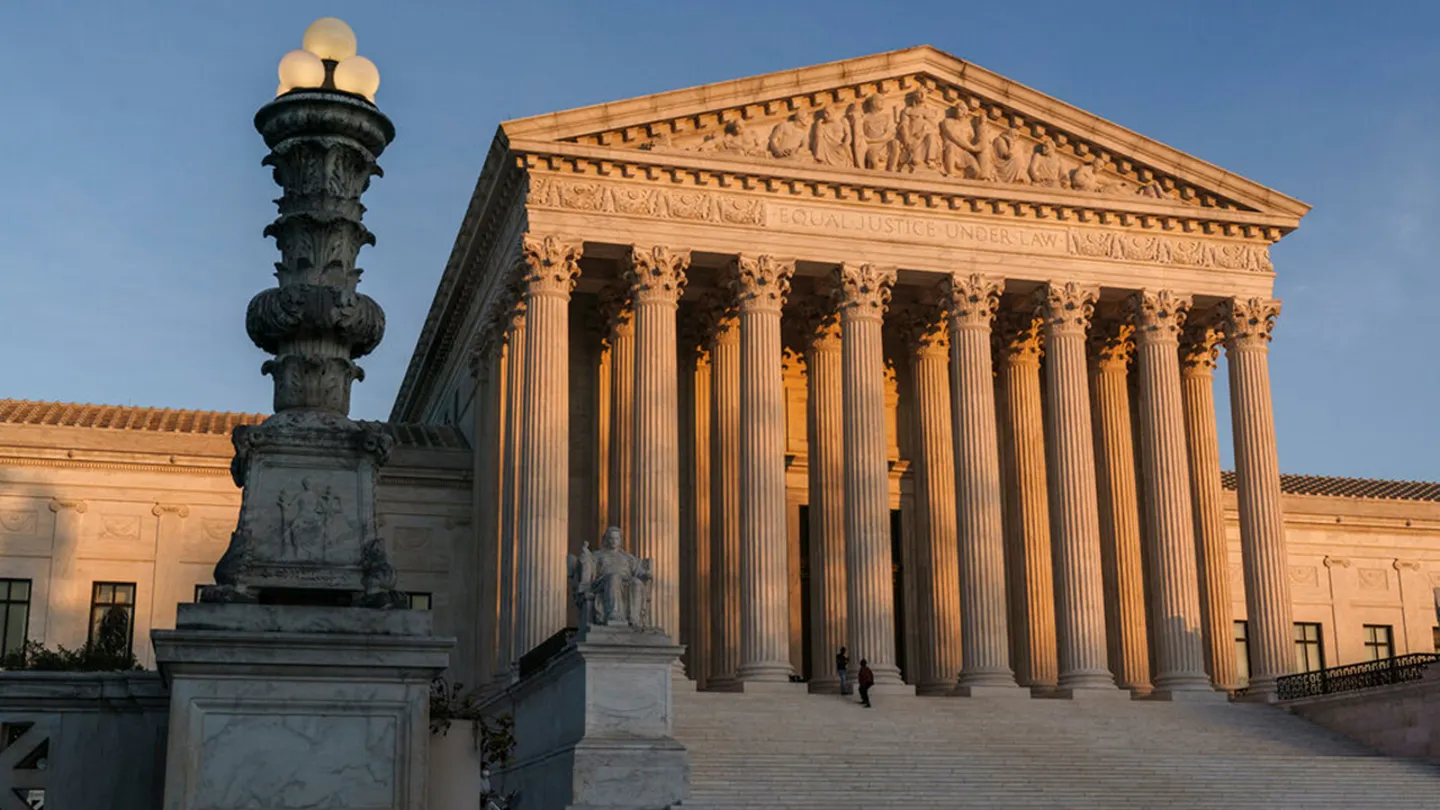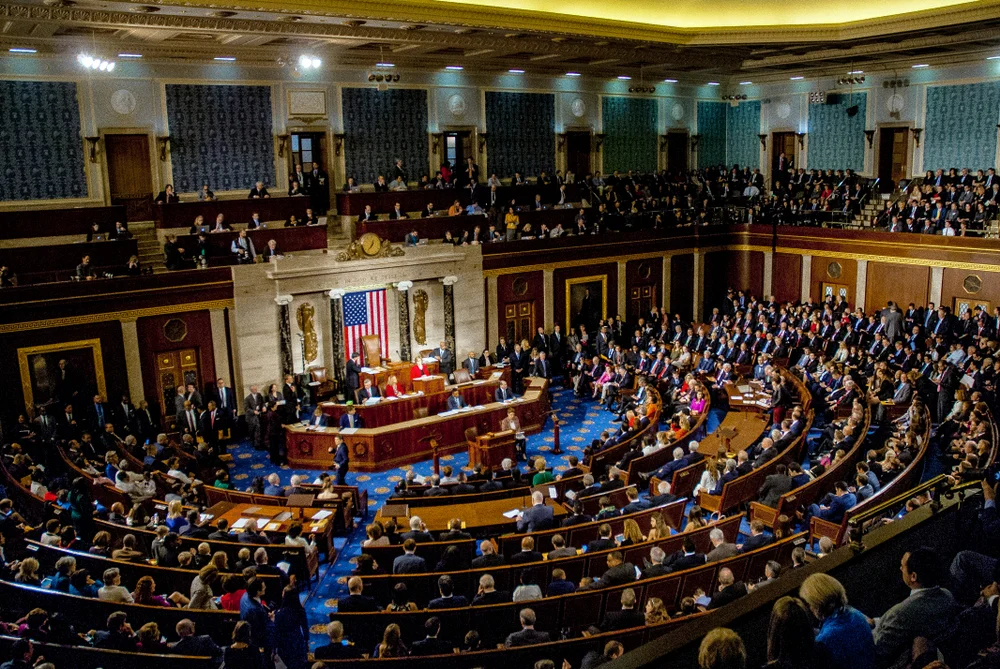
What Affirmative Action Has Wrought
The Wall Street Journal's Jason Riley surveys the answers given by so many of America’s highest profile intellectuals in favor of affirmative action and finds nothing but foolishness among them.
In 2022, while the Supreme Court was considering the challenge to Harvard’s race-based admissions policy, two New York Times reporters asked college students what they thought about affirmative action. The responses were, by the journalists’ own admission, some of the most surprising they’d ever received. All but one student opposed affirmative action.
Jasmine, a black student and registered Democrat, said, “I think the biggest issue with affirmative action is that it implies that people of color wouldn’t be able to get that position on their own.” Shocking as the statement was to two members of our increasingly out-of-touch elite, the statement was unsurprising to a super-majority of Americans with more common sense. Jasmine said that she wanted to “guarantee that we can tell everyone we got there on our own merit.”
Jasmine said that her mom had taught this lesson to her and her siblings. Her mom told them that they “have to be better than average” and “try to excel further” so that, by their accomplishments, they stand out from the crowd. Jasmine’s mom is a wise woman with many enemies among the elite, who deride her theory of personal responsibility as “white supremacy culture” (the Smithsonian Institution), “talking down to black people” (Jesse Jackson), and “old school ‘values’ [that] did not save us from the ravages of social injustice” (Ebony). Her enemies may be powerful and high-profile, but her friends outclass them. Among them is The Wall Street Journal’s Jason Riley, whose latest book proves the wisdom of Jasmine’s mom.
The book, The Affirmative Action Myth: Why Blacks Don’t Need Racial Preferences to Succeed, sets out “to explain how affirmative action has failed.” Riley starts by defining the term: “affirmative action,” he says, has had many meanings over time, but today it means “racial favoritism, double standards, and preferential policies for certain groups.” To determine whether it has succeeded or failed, Riley asks two questions: Was it needed? And did it achieve what its proponents said it would achieve? Riley answers both questions with “no.”
He begins with the remarkable story of black upward mobility and cultural improvement that occurred before the passage of the Civil Rights Act of 1964, when a racist culture and discriminatory laws singled black people out for worse treatment than their white neighbors. To readers familiar with Thomas Sowell’s work—from whom Riley rightly draws heavily—the first half of the book will be familiar, and yet still shocking. In captivating detail, Riley recounts how, from the Civil War until the middle of the 20th century, black Americans were trending upward on various success metrics, often surpassing white Americans, and were mirroring the success stories of immigrant groups.
Two of the most astonishing parts of this story revolve around the black family and black community culture. Riley reports that from 1890 to 1940, the black marriage rate was higher than the white marriage rate. Black men were more likely than white men to be married. And only a small percentage of black children grew up without a father. Meanwhile, black communities worked hard to ensure they were viewed favorably by the wider society. “There was a heightened alertness within black communities as to whether other blacks were behaving in a manner that was ‘a credit to the race,’ in the phrasing of the period.” Like Jasmine’s mom, “black people took it upon themselves to improve their situation through education and hard work,” and despite discrimination, they were succeeding. And there were no affirmative action programs.
The phrase “until 1960,” repeats throughout this part of the book. As mountains of data show, myriad positive trends among black Americans, especially concerning the family, began to reverse after 1960. There are several reasons for this, some of which Riley does not address in detail. Welfare programs, for example, bear a lot of blame for the breakdown of the black family; minimum wage laws made it easier for labor unions to discriminate against black workers, and progressive ideas about policing and teaching devastated black communities and students. But Riley isn’t writing that causal history. He focuses first on whether affirmative action was necessary to improve the lives of black Americans, and second on whether it actually does improve the lives of black Americans.
It’s in this second part of the book that Riley shines. Here, Riley weaves in personal anecdotes, such as when, in college, he personally experienced how racial preferences “stigmatize black achievements,” to convey his deep sincerity. This is not an academic exercise for him; he dearly wants to know how to improve the lives of black Americans. And he has surveyed the answers given by so many of America’s highest profile intellectuals and found nothing but foolishness among them.
Before affirmative action became a part of law and culture, success was earned by virtue. Now, success is given according to victimhood. Note the passive voice. “Is given” points to progressive elites who have wielded affirmative action to decide who is a victim and therefore who deserves special treatment. Ibram X. Kendi, who believes that racism is the root of all disparities and that “the only remedy to past discrimination is present discrimination,” comes in for righteous criticism. So does Ta-Nehisi Coates, who looks at the world and sees only oppressors and the oppressed. So especially do the critical race theorists, who did so much to give so many Americans “the false impression that black advancement is inextricably linked to special treatment in the form of ethnic preferences.” And so too does the Supreme Court, which infected the law with that toxic idea.
Riley explains in detail how the programs that these people support fail on their own terms. He documents, for example, the terrible effects that race preferences have on the black college students who “benefit” from them: they drop out at higher rates, move out of math, science, and engineering majors, and fail post-graduate exams like the bar at higher rates. He also shows how special solicitude for black criminal defendants leads to more crimes against law-abiding black citizens. He does not, however, limit criticisms to purely material outcomes.
He is equally concerned with Jasmine’s concern. Riley knows what it’s like to have his achievements doubted because affirmative action stigmatized him. He knows what effect the idea that “black people can only succeed with special handouts” can have on a person’s self-image. He has witnessed the devastation caused by the policies that stem from that ideology. And all the while, he has seen attention, accolades, and wealth flow to the people who push these “dangerous notions.” They have helped themselves at the expense of black Americans, whose lives they claim the power to order and arrange through affirmative action.
That power has not helped black Americans. It was never necessary. It solved nothing. It made things worse. Riley hopes it ends, and his book has dealt it a severe blow.
GianCarlo Canaparo is a senior legal fellow in The Heritage Foundation’s Edwin Meese III Center for Legal and Judicial Studies.
Constitutionalism

Amicus Brief: Hon. William P. Barr and Hon. Michael B. Mukasey in Support of Petitioners
Former AGs Barr and Mukasey Cite Civitas in a SCOTUS Brief

Rational Judicial Review: Constitutions as Power-sharing Agreements, Secession, and the Problem of Dred Scott
Judicial review and originalism serve as valuable commitment mechanisms to enforce future compliance with a political bargain.

State Courts Can’t Run Foreign Policy
Suncor is also a golden opportunity for the justices to stop local officials from interfering with an industry critical to foreign and national-security policy.

Supreme Court tariff ruling should end complaints that justices favor Trump
John Yoo writes on the Supreme Court’s decision on President Trump’s tariff case.

Trump’s Tariff Tantrum
Trump leaps from the frying pan into the fire in the aftermath of Learning Resources v. Trump.

The Administrative State’s Sludge
Congress has delegated so much power across so many statutes that it’s hard to find a question of any public importance to which some agency cannot point to policymaking authority.


.avif)










.webp)


